Pride Month: To what extent is football becoming more inclusive for the LGBTQ+ community?
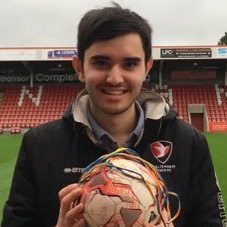
Sports Journalism student Danyal Khan introduces his series of features coming up during Pride Month, focusing on how supporters groups, inclusive clubs, and the women’s game are all helping to push football forward on LGBTQ+ inclusion…

My name is Danyal Khan, and I’m an LGBTQ+ Sports Journalism third-year student at the University of Gloucestershire. I’m also a Media and Communications Intern at Cheltenham Town Football Club.
As part of my final year project, I wanted to explore an avenue amongst LGBTQ+ culture when it comes to inclusion and representation in sport.
As a big football fan myself, I know that football can be a daunting place to have an interest in if you are from the LGBTQ+ community.
Most coverage when it comes to LGBTQ+ inclusion in football is always negative and is based around the topic of homophobia.
Despite homophobia being a constant within the footballing world, too much is spoken about it, and not enough light is being shed on the positive strides that are being made towards creating a safer and more inclusive environment for LGBTQ+ people when it comes to football.
That’s why I decided to interview prominent people within the LGBTQ+ world who invest heavily in football in some form and create a number of features looking at the positive side when it comes to LGBTQ+ inclusion and representation within the game.
With June being Pride Month, we should be taking notice and celebrating the work people are doing within the game to help with inclusivity.
Pride Month means a lot to me personally. Pride is all about showing visibility of a community that have been oppressed for so many years, and being able to celebrate the progress made by our community and our allies to help bring about equality in society.
These features showcase the progress being made when it comes to equality in football for the LGBTQ+ community…
Why I’m so passionate about this subject
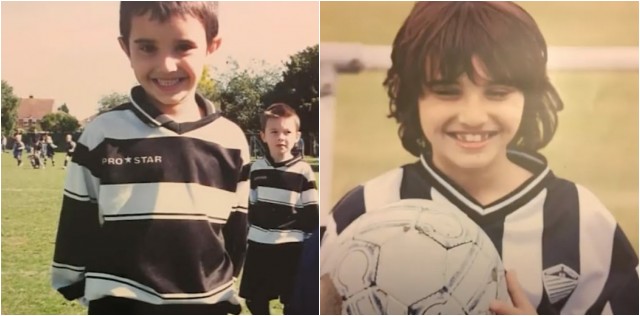
Growing up and playing football as a young kid made me aware of the masculine fuelled environment that exists within grassroots football.
As I progressed through the age groups at my local club Kennet Valley FC in Reading, coupled with learning more about my own identity, I started to develop anxiety once I realised that I was different to everyone else.
My anxiety got so bad that I had to take a step back from playing the game I loved, because I didn’t believe that I would be accepted for coming out as who I am. I didn’t have any role models to look up to.
I was right to take the step back, as I’ve seen in my lifetime that football is still infested with deep-rooted homophobia.
However, the positive development since my playing days is that action is being taken in many forms to help with making the game more LGBTQ+ inclusive.
Furthermore, my features explore certain themes that are contributing towards helping the beautiful game move forward in the right way for the LGBTQ+ community.
Feature One: The fans
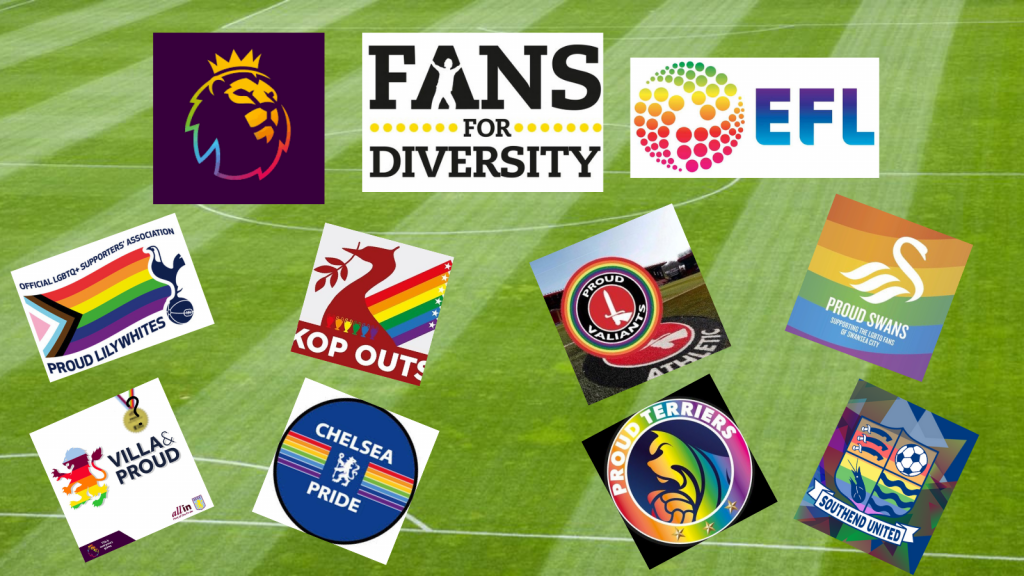
The first theme that I will be looking into, and that will be published on here at the start of Pride Month revolves around LGBTQ+ fan groups, and how important they are when it comes to helping with LGBTQ+ inclusivity in football.
Being able to speak to active members of fan groups such as Villa and Proud (Aston Villa), Rainbow Blades (Sheffield United), Proud Valiants (Charlton Athletic) and more allowed me to paint a picture within the feature of how impactful these groups are to the LGBTQ+ community within sport, and more specifically football.
The full list of people spoken to for this piece is as followed: Samuel Timms (Aston Villa fan), Tom Cowley (Aston Villa fan), Gary Ginnaw (Charlton Athletic fan), Callum Mackay (Sheffield United fan), Sam Clarke (Charlton Athletic fan), and Jamie Howells (Cheltenham Town fan).
Feature Two: Inclusive clubs and their players
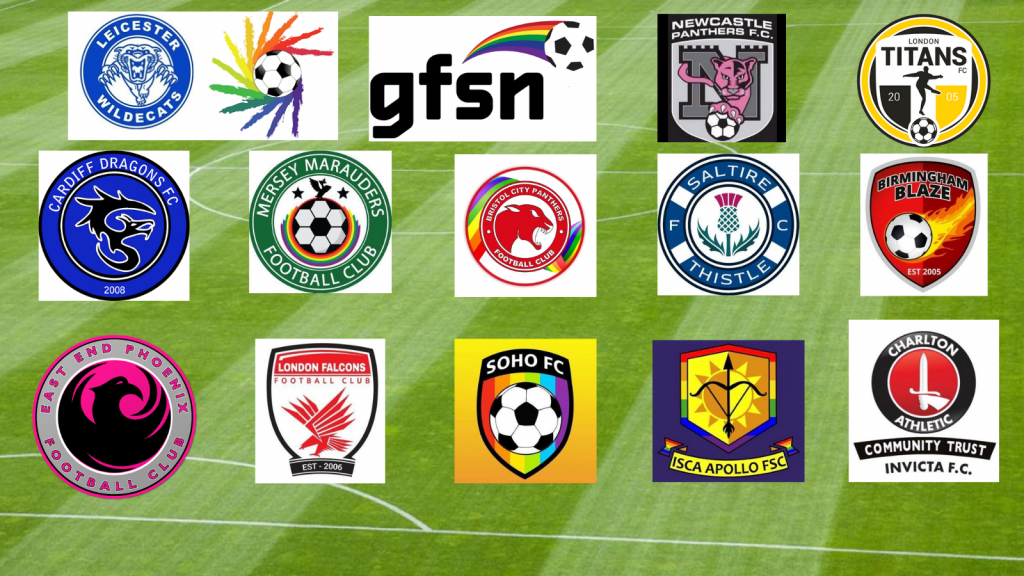
The second theme I wanted to explore in more detail when discovering to what extent football is starting to become more inclusive for the LGBTQ+ community is the impact being made by LGBTQ+ all-inclusive football clubs.
These clubs existing, across the UK and Ireland, have allowed members of our community to participate in football in a safe environment, where they know they won’t face any discrimination for who they are.
The full list of people spoken to for this piece is as followed: Samuel Timms (Charlton Invicta player), Gary Ginnaw (Charlton Invicta player), Austin Chessell (Soho FC player), Gary Wylie (Newcastle Panthers player), and Sam Clarke.
Feature Three: The women’s game
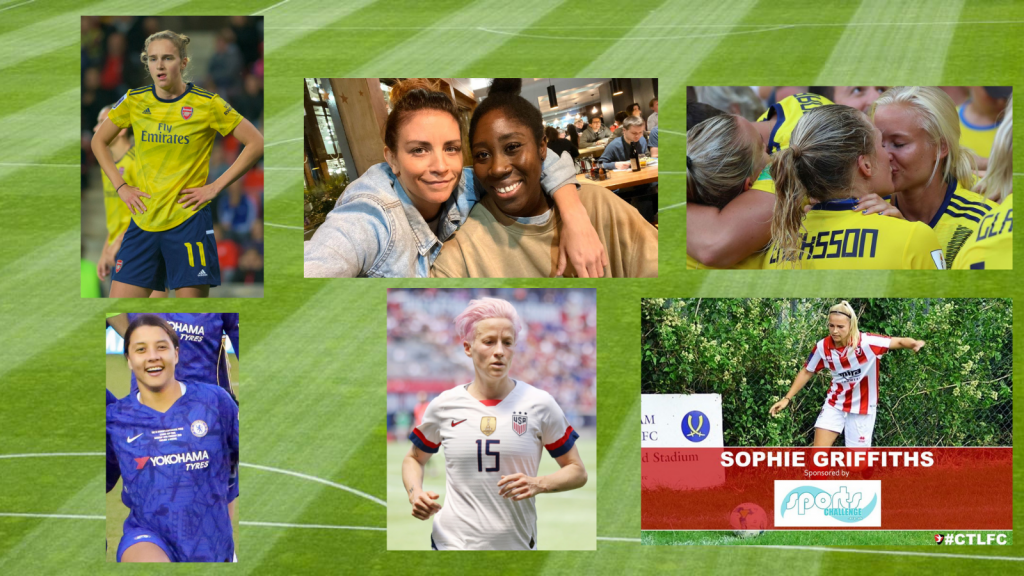
The last feature that will be coming out towards the end of Pride Month 2021 is centred around the women’s game, and why women’s football is more open and accepting of the LGBTQ+ community.
Whether it’s within the playing culture, fan culture or the infrastructure in general, the women’s game provides a blueprint of what football should be like when it comes to inclusivity and representation.
So what can the men’s game learn?
The question above is what this feature explores, alongside looking at what is right within the women’s game in this country and globally when it comes to LGBTQ+ inclusion at all levels.
Of course there are still a few problems within the women’s game when it comes to LGBTQ+ inclusion, but these are far and few between when you compare them to the severity of those in the men’s game.
The list of people involved in this feature as as followed: Sophie Griffiths (Cheltenham Town Ladies FC Player), Beth Fisher (LGBTQ+ Sports Reporter), Samuel Timms, Gary Ginnaw, Sam Clarke, Tom Cowley and Callum Mackay.
Feature One will be released soon, so keep an eye out for when it drops on the Sports Media LGBT+ website.
List of Features and links
- 1) Pride Month: How are LGBTQ+ fans groups helping to change football?
- 2) Pride Month: The rise of LGBTQ+-inclusive football clubs in the UK
- 3) Pride Month: Why is women’s football so much more LGBTQ+ inclusive than the men’s game?
Sports Media LGBT+ is a network, advocacy, and consultancy group that is helping to build a community of LGBT+ people and allies in sport. We’re also a digital publisher. Learn more about us here.
LGBT+ in sports? Your visibility will inspire other people – sharing your story can be hugely rewarding and you don’t have to be famous to make a positive and lasting impact. We encourage you to start a conversation with us, in confidence, and we’ll provide the best advice on navigating the media as part of your journey so that you retain control of your own narrative.
Email jon@sportsmedialgbt.com or send a message anonymously on our Curious Cat.
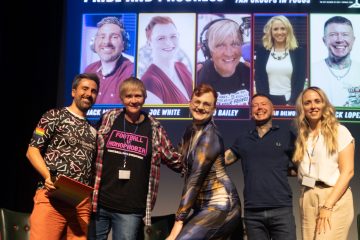
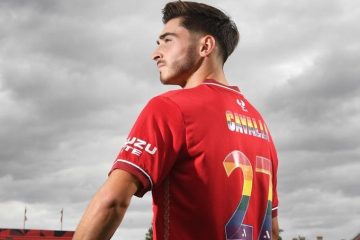

1 Comment
Pride Month: The rise of LGBTQ+-inclusive football clubs in the UK - Sports Media LGBT+ · 14/06/2021 at 6:48 am
[…] Pride Month: To what extent is football becoming more inclusive for the LGBTQ+ community? […]
Comments are closed.